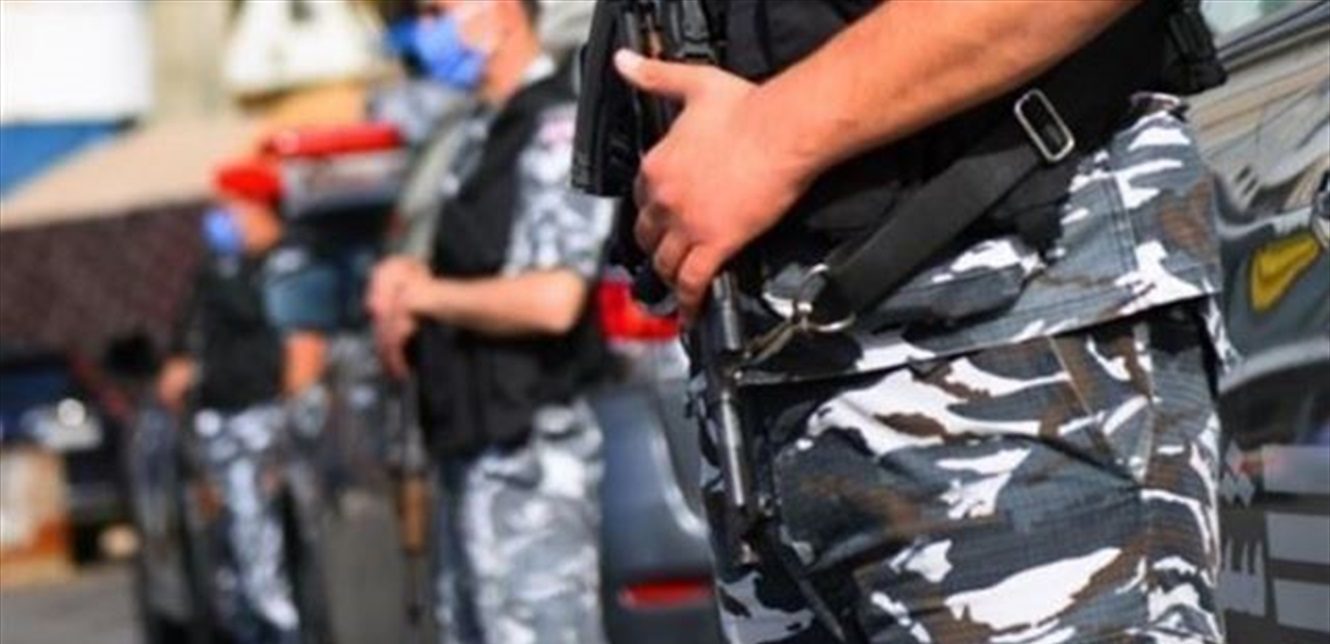العام الدراسي في مواجهة تحديات كبرى… والقطاع التربوي يتكبد خسائر فادحة
يشهد القطاع التربوي في لبنان انطلاقة ضعيفة للعام الدراسي الجديد، خاصة في المدارس الخاصة، حيث تفتقد الفرص التعليمية لأي معايير عالمية عادلة. يعاني الطلاب في لبنان من ظروف معيشية صعبة، لكن رغم ذلك، تواصل بعض المدارس التعليم الحضوري، خصوصًا في المناطق الأكثر أمانًا.
لكن ما هو مصير الآلاف من التلامذة النازحين أو المقيمين في مناطق الصراع؟ كيف يمكن ضمان حقهم في التعليم على قدم المساواة مع زملائهم في المناطق الآمنة؟ وما هي الحلول التي يمكن أن تقدمها المدارس الخاصة، التي باتت جزءًا منها مراكز لإيواء النازحين؟ هل يمكن لهؤلاء الطلاب الاستفادة من التعليم عبر الإنترنت في ظل انعدام حتى أبسط متطلبات الحياة اليومية؟
نقيب المعلمين في المدارس الخاصة، نعمة محفوض، صرح لـ”ليبانون ديبايت” أن “العام الدراسي لم يبدأ بشكل طبيعي، نظرًا للوضع غير المستقر في البلاد. فبينما هناك تعليم حضوري في المناطق الآمنة منذ حوالي ثلاثة أسابيع، مثل عكار والمتن، يظل التعليم عن بعد خيارًا غير فعال تربويًا”.
وفيما يتعلق بالتلامذة القاطنين في المناطق الحدودية، مثل بيروت، الشوف، وبعض مناطق البقاع، قال محفوض إن “التعليم عن بعد هو الخيار المتاح الآن، أما بالنسبة للتلامذة النازحين بالكامل، فإن الوزارة تتولى المسؤولية، ومن المتوقع أن يبدأ العام الدراسي في الرابع من تشرين الثاني، مع تخصيص فترة ما بعد الظهر لتعليم النازحين، وسننتظر لنرى ما إذا كانت الخطة فعّالة”.
وأضاف محفوض أن خطة الوزارة تهدف إلى تجميع التلامذة النازحين في مراكز إيواء وإلحاقهم بأقرب مدرسة خاصة، إلا أنه أكد ضرورة انتظار الرابع من تشرين الثاني للتحقق من تنفيذ هذه الخطة.
وختم محفوض بالإشارة إلى أن القطاع التربوي الخاص فقد عددًا من المعلمين خلال الصراع الدائر، حيث قُتل حوالي 12 أو 13 معلمًا حتى الآن، مع وجود العديد من الجرحى. وأكد أن النقابة تسعى لتقديم الدعم لعائلات الشهداء والجرحى رغم التحديات.
المصدر: ليبانون ديبايت
Academic Year Faces Major Challenges as Education Sector Suffers Losses
The new academic year has had a rocky start in Lebanon’s private education sector, where the chances for students to receive a fair education fall short of any global standards. Students are facing harsh living conditions, yet some schools continue in-person learning, especially in relatively safer areas.
But what about the thousands of students displaced or living in conflict zones? How can their right to education be guaranteed, similar to their peers in safer areas? What solutions can private schools offer, some of which have become shelters for the displaced? Can these displaced students access online education when they lack basic living necessities?
In an interview with “Lebanon Debate,” the head of the private school teachers' union, Nehme Mahfoud, stated that “the academic year has not started normally, as the situation in the country is unstable. While in-person education has resumed in relatively safer areas, like Akkar and Metn, for about three weeks, remote learning has proven to be educationally ineffective.”
Regarding students in conflict areas, such as Beirut, Shouf, and parts of the Bekaa, Mahfoud indicated that “remote learning is being used as the only available option. However, for students completely displaced, the Ministry of Education is responsible. The academic year is expected to officially start on November 4, with afternoon sessions allocated for displaced students, and we will wait to see if the plan is effective.”
He added that the ministry's plan involves gathering displaced students from three shelter centers and enrolling them in the nearest private school. However, the true start of the academic year in both private and public schools, which were closed due to the conflict, will be confirmed on November 4.
Mahfoud also revealed that the private education sector lost several teachers during the ongoing conflict, stating, “We have around 12 to 13 martyrs from private schools, and many more injured, though communication with some areas remains cut off. As a union, we are striving to provide symbolic support to the families of the martyrs and the injured within our capacity.”
Translated by international scopes team
 International Scopes – سكوبات عالمية إجعل موقعنا خيارك ومصدرك الأنسب للأخبار المحلية والعربية والعالمية على أنواعها بالإضافة الى نشر مجموعة لا بأس بها من الوظائف الشاغرة في لبنان والشرق الأوسط والعالم
International Scopes – سكوبات عالمية إجعل موقعنا خيارك ومصدرك الأنسب للأخبار المحلية والعربية والعالمية على أنواعها بالإضافة الى نشر مجموعة لا بأس بها من الوظائف الشاغرة في لبنان والشرق الأوسط والعالم


